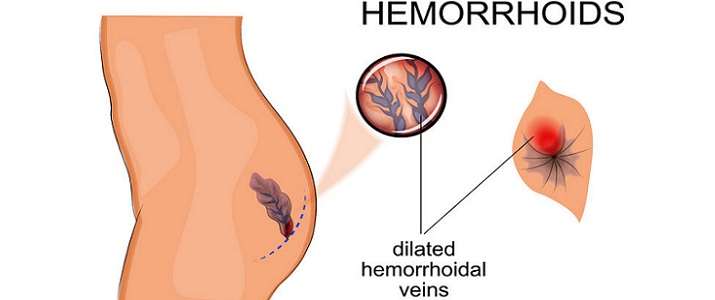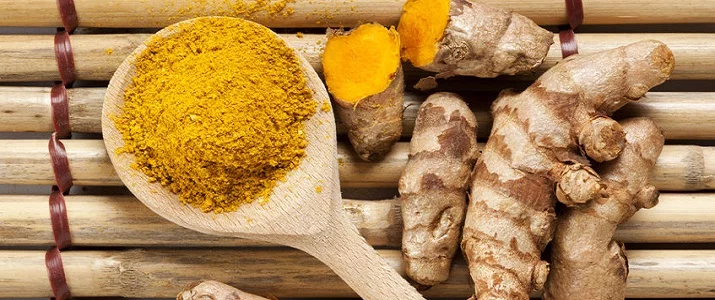The Importance Of Treating IBS
Irritable Bowel Syndrome (IBS) is a chronic condition that must be recognized for the person experiencing it. While it’s true that most people who suffer illness would on some level prefer to ignore what is happening with the hopes that it will all go away, with IBS, this is next to impossible because the symptoms which typically include cramping, diarrhea, and constipation become so plainly prominent in a person’s day to day life. The quality of life for the person with IBS is challenging and it is important to deal with whatever is going on in a proactive way to be sure that further health complications are ignored.
Dangers of Untreated IBS
For those suffering from IBS, there is usually a fairly quick course of action that is required to help which includes increasing fluids and fiber intake. Yet if no corrective action is taken, the following problems may result including:
- Hemorrhoids: These inflamed veins in the rectum can cause rectal bleeding with intense pushing and straining to have a bowel movement.
- Anal Fissures: Extensive pushing to have a bowel movement may cause a tearing of the anus which is called an anal fissure. Anal fissures cause bleeding, pain, and irritation and itching.
- Fecal Impaction: When you are unable to push the stool out of your rectum, there is a build of of the feces and results in fecal impaction.
- Prolapse of the Rectum: When you continue to push and strain to have a bowel movement, there is a danger of your rectum actually coming out of the anus.
- Mental Health Challenges: Prolonged struggles with IBS may create a prolonged struggle with depression, anxiety, shame and isolation because the subject matter is considered to be so taboo.
There are many other contributing problems that may result to ignoring the symptoms of IBS and any instinct to hope that the problem will go away magically should be negated.
Misunderstandings about IBS
Although there is a lot of research available about IBS, there are still many misunderstandings and misconceptions that circulate widely across the United States including:
- Damage to the colon. IBS will not cause long term damage to the colon.
- Colon Cancer. There is no linking between IBS and this type of cancer.
Taking Action
Each person who suffers from IBS should take action immediately by going to a physician to talk about what is going on. You and your doctor can together figure out the best course of action and come up with a specific treatment plan to address exactly what is going on with you. Don’t forget that all plans need to be adjusted in the weeks and months following their implication, so don’t hesitate to make a follow-up appointment with your doctor for 4-6 weeks later. There is no magic one-fix solution with IBS, but there is a lot of data and research that medical professionals can assist you with to help bring you out of an IBS episode and back to good health as soon as possible. You too can have a happy gut.

 Subscribe Now
Subscribe Now



